
Photo: UNDP Namibia
As we complete the first decade of climate action under the Paris Agreement, it is crucial to understand the progress we have made on tackling climate change and how much more remains to be done. At the heart of this effort lies climate transparency. By providing a clear, evidence-based picture of how countries are advancing their climate goals, transparency can help ensure accountability and build trust.
This is why the Paris Agreement has introduced the Enhanced Transparency Framework (ETF), a process that helps countries transition to a single universal transparency system. Under this framework, countries submit Biennial Transparency Reports (BTRs), which track their greenhouse gas emissions and their progress on implementing climate change mitigation and adaptation measures, in line with their Nationally Determined Contributions (NDCs).
In Africa, these reports play an even broader role than measuring emissions levels and tracking the effectiveness of climate policies. Across the region, the preparation of BTRs strengthens national data systems, equips experts with new skills, and fosters greater ownership of climate action.
Cabo Verde, the Central African Republic and Namibia are three of the countries in Africa shaping resilient, country-led reporting systems that both inform and inspire more ambitious climate action and unlock sustainable development.
Advancing transparency through coordination in the Central African Republic
As a Least Developed Country (LDC), the Central African Republic faces severe vulnerabilities to the impacts of climate change. But the country’s insufficient technical capacity, institutional instability, and scarce, fragmented data systems have been limiting its ability to prepare for these impacts.
Within this context, the country turned the preparation of its first BTR into an opportunity to strengthen coordination and enhance national data systems. What could have been a challenge instead became a demonstration of resilience and growing national ownership in climate reporting, with the Central African Republic becoming one of the first LDCs to submit their BTR to the United Nations Framework Convention on Climate Change (UNFCCC).
Through an inclusive, homegrown process, the country established a network of working groups and focal points that brought together different ministries, the National Climate Coordination unit, the University of Bangui and local institutions. This collaboration helped shape a shared plan of action and consolidate inputs from different sectors into a coherent national narrative and inventory.
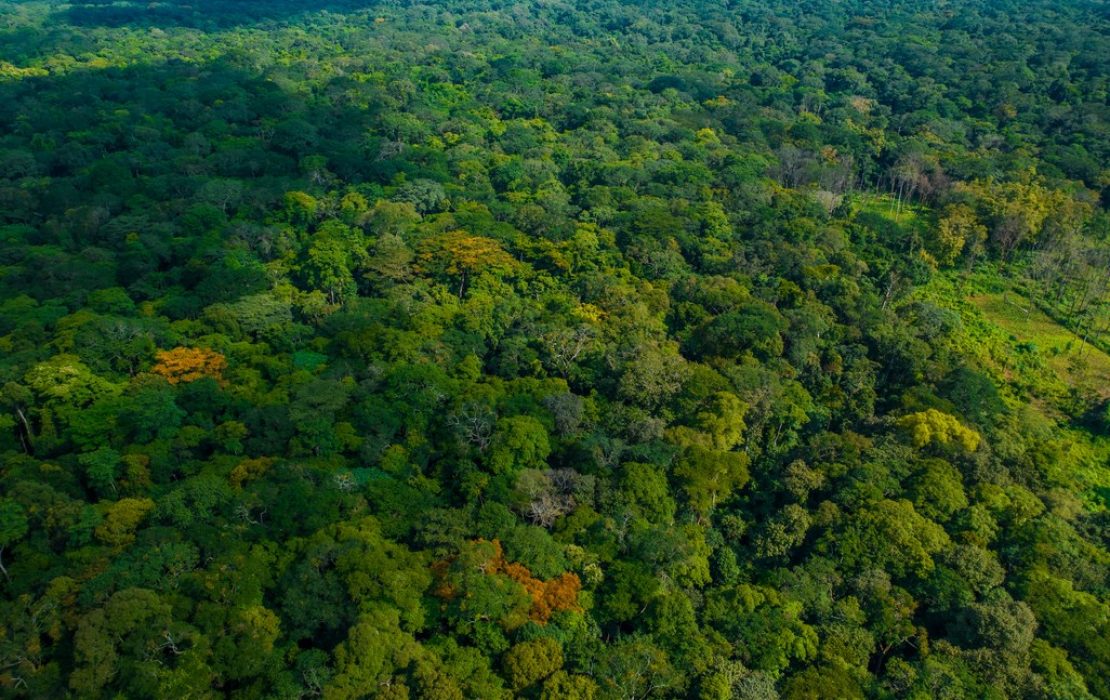
The Congo Basin rainforest, which spans six countries, including one third of the Central African Republic’s territory, is the world’s largest forest carbon sink. Photo: UNDP Central African Republic
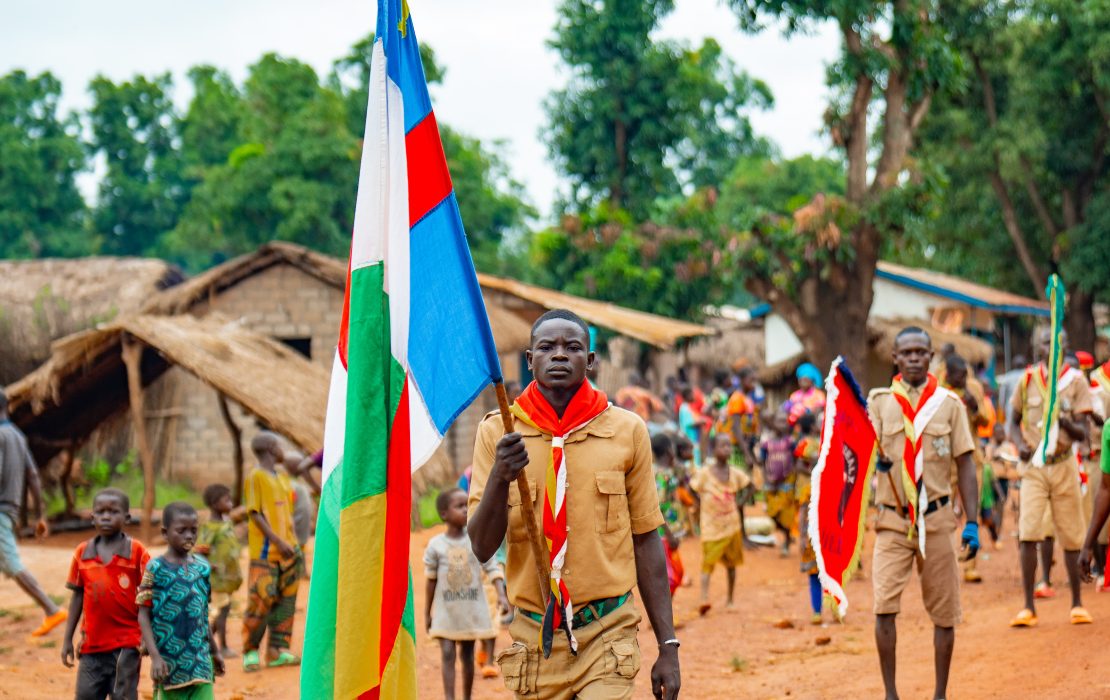
Transparency efforts are key to helping the Central African Republic assess its climate funding and support needs. Photo: UNDP Central African Republic
At the same time, technical capacity in the country was bolstered through trainings and technical support. Experts working on energy, agriculture, and forests were trained in the measurement, reporting, and verification (MRV) of climate-related data, which led to improvements in data quality. Furthermore, through the Francophone Transparency Network, national experts received country-tailored technical support from UNDP, in collaboration with the Capacity-building Initiative for Transparency – Global Support Programme (CBIT-GSP), and connected with peers from Africa to share best practices.
Through these activities, the Central African Republic showed that climate transparency can happen even in fragile contexts. While challenges remain — including the need to strengthen and retain national expertise, integrate climate science more deeply into academic curricula, and secure sustainable financing – the country is planning to establish a dedicated, multidisciplinary MRV technical team under the National Climate Coordination unit to centralize transparency efforts and ensure continuous progress. The country’s experience shows that political will, when translated into strong institutional coordination and supported by tailored technical assistance, can transform challenges into lasting results.
Building national ownership of the transparency process in Namibia
Namibia is one of southern Africa’s climate change hotspots, experiencing impacts more pronounced than the global average. In response, the country has been investing in climate action and is now making big strides in advancing transparency.
During the early years of climate reporting – such as during the preparation of Biennial Update Reports (BURs) – Namibia relied almost entirely on international expertise. Over the years, the country has received sustained technical guidance and financial support from partners and global initiatives, notably UNDP, the Global Environment Facility (GEF), and the Anglophone Africa Transparency Network under CBIT-GSP , which have helped train national experts, enabling the country to ultimately take the lead in transparency work.
A turning point came with the preparation of the country’s first BTR. More than ever before, national experts, including those from the Namibia University of Science and Technology, played a key role in assessing national circumstances, tracking progress on the implementation of the NDC, and preparing and compiling the report.
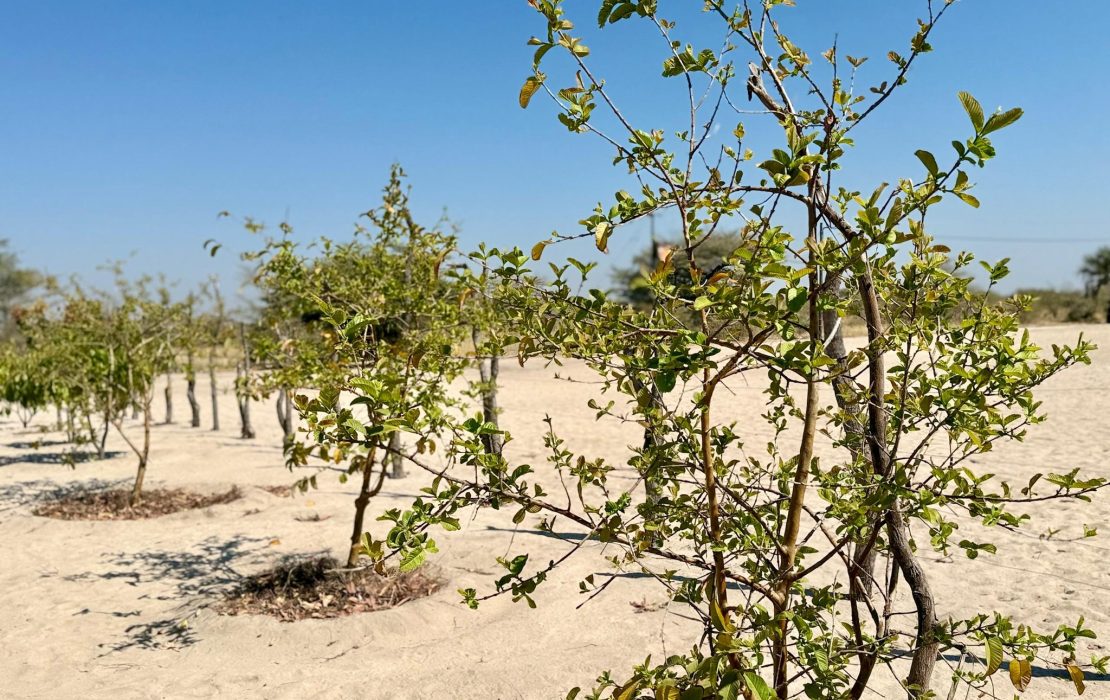
As the most arid country south of the Sahara, Namibia prioritizes climate resilience and transparency as key to development planning. Photo: UNDP Namibia
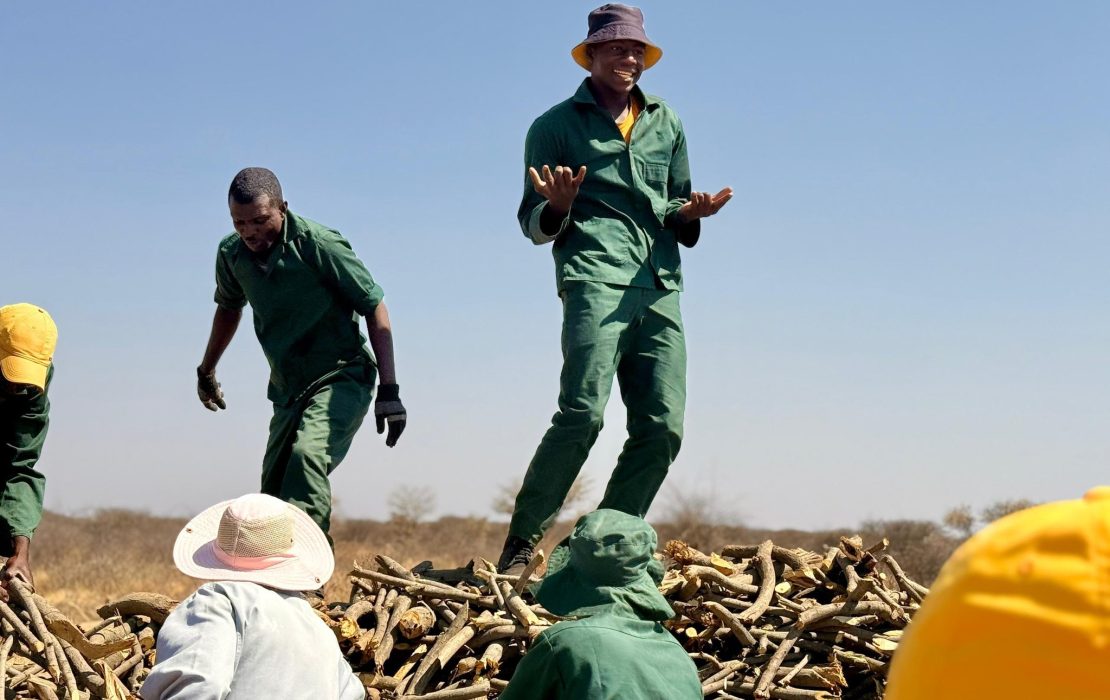
Namibia’s prompt submission of its first BTR demonstrates its proactive commitment to fulfilling international climate obligations. Photo: UNDP Namibia
Namibia’s national ownership over the transparency process further extended to its greenhouse gas inventory, as national experts from the energy sector became certified to lead future assessments after completing specialized trainings in how to use the guidelines and tools developed by the Intergovernmental Panel on Climate Change (IPCC).
Looking ahead, sectors such as waste management, agriculture and industry would greatly benefit from similar capacity-building support, especially as ministries currently operate with small-scale climate change units. Progress toward regulatory frameworks would also be supported by stronger legislative backing, including a Climate Change Act and closer integration with the National Statistics Agency to build a national climate transparency system compliant with the ETF.
Namibia’s approach, which combines local expertise and targeted external support, has enhanced national credibility and trust in its climate reporting. It demonstrates that international support is most effective not as a substitute, but as a catalyst for transparent, country-led reporting systems.
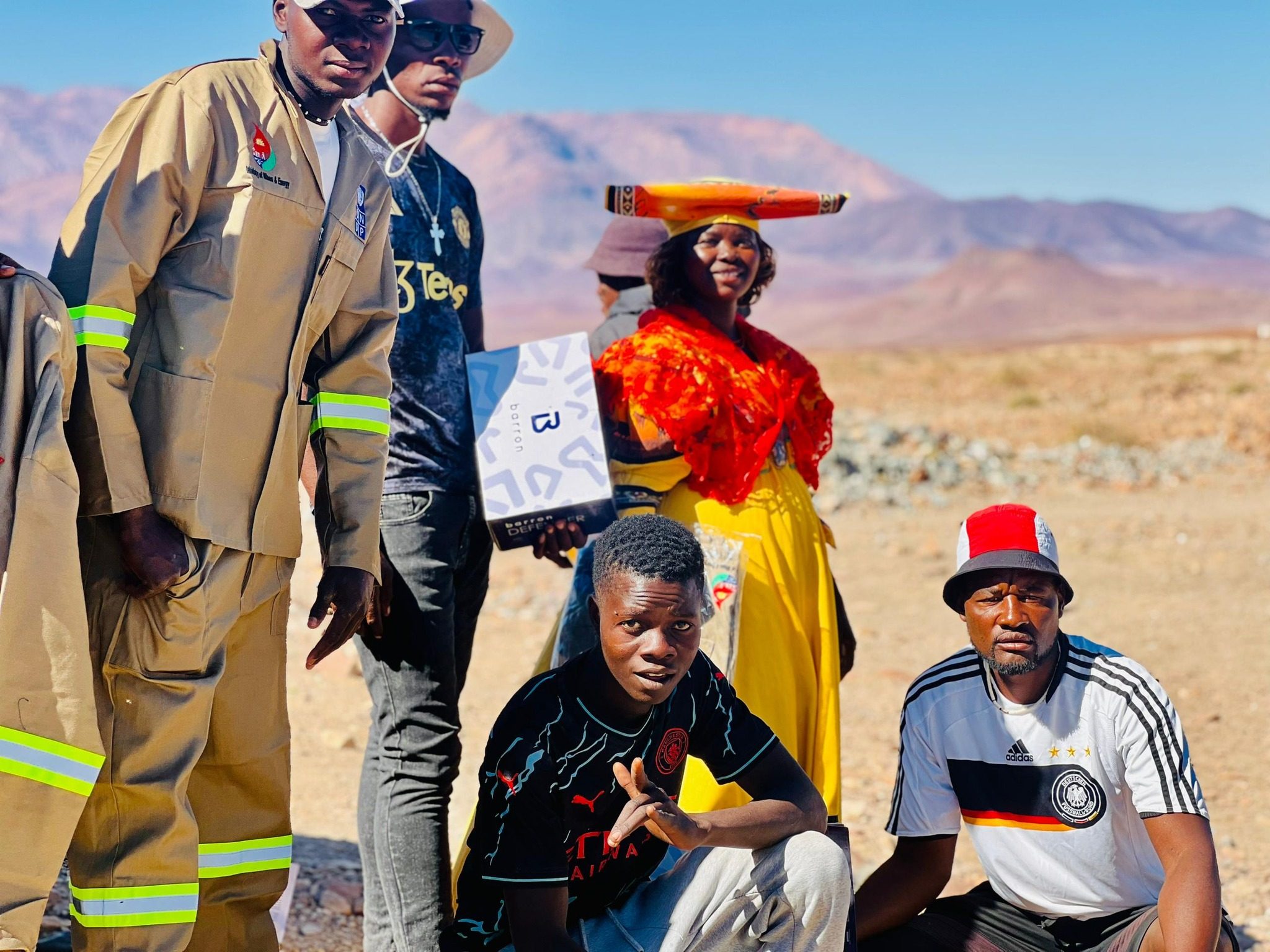
Beyond strengthening its transparency policy and institutional frameworks, Namibia is also fostering inclusive ownership and participatory implementation. Photo: UNDP Namibia
Pioneering climate information systems in Cabo Verde
Similarly to other Small Island Developing States (SIDS), Cabo Verde is confronted with unique climate challenges. Faced with sea level rise and repeated extreme weather shocks, the country is redoubling efforts to increase climate resilience and position itself as a frontrunner in climate transparency.
Building on this commitment, Cabo Verde is charting a new course in climate governance by establishing the National Climate Transparency System designed to track progress on the country's climate policies and commitments while meeting the requirements of the ETF. This new system consolidates data on greenhouse gas emissions, adaptation measures and climate finance flows from multiple sectors and stakeholders into a single platform. It also helps monitor progress on the implementation of the country’s NDC and National Adaptation Plan (NAP) and identify future funding needs by using digital tools such as geographic information systems (GIS) for mapping projects and climate budget markers.
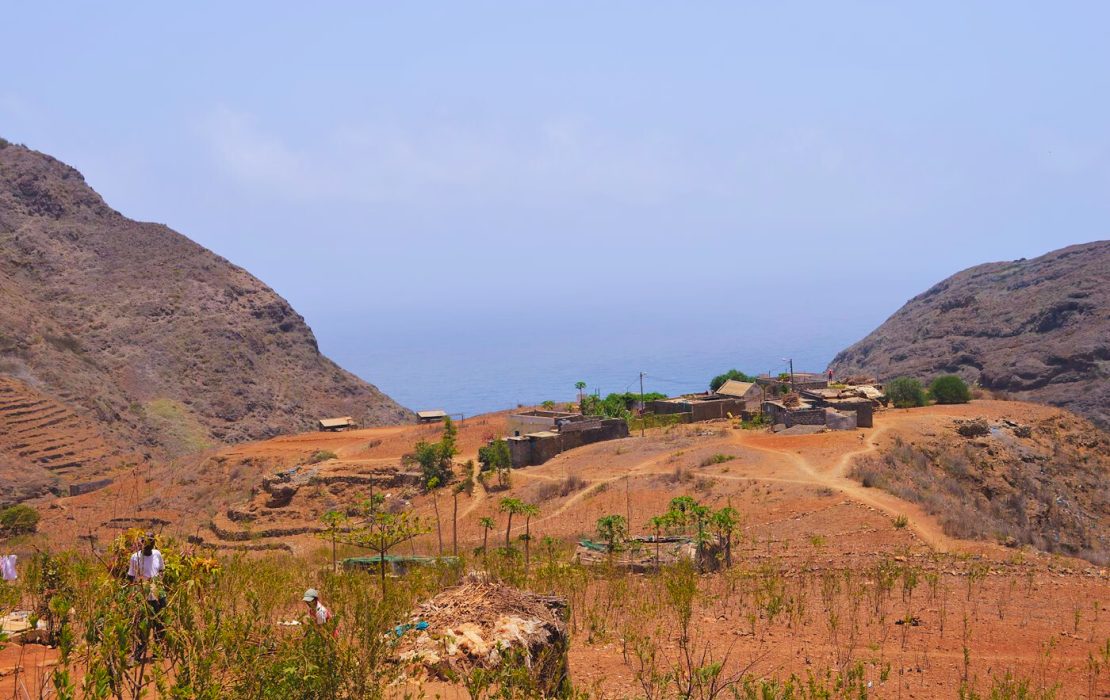
Climate change is increasing the frequency and intensity of droughts in Cabo Verde, an archipelago of 10 islands off West Africa’s Atlantic coast. Photo: Jennifer Baumwoll/UNDP
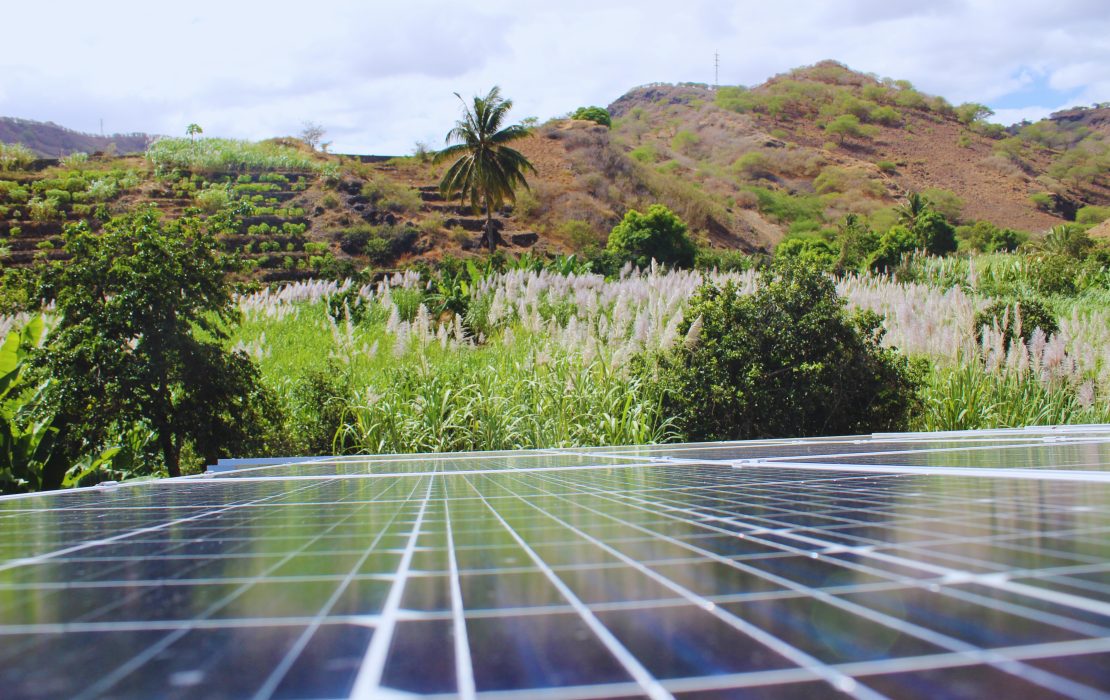
Through its transparency efforts, Cabo Verde can track the implementation of its NDC, while making it more attractive for climate finance. Photo: UNDP Cabo Verde
Thanks to this robust system, the country is preparing its first BTR without financial support from the GEF. Instead, Cabo Verde is relying exclusively on technical assistance from the Lusophone Cluster on Transparency, which provides peer learning and targeted expertise to Portuguese-speaking nations.
Cabo Verde’s decision to produce its first BTR without GEF funding underscores the country’s confidence in the solid information base it has built. This demonstrates both technical maturity and political will, reflecting lessons learned from earlier NDC cycles, where weak monitoring frameworks limited progress. By investing in durable data systems and fostering cross-sectoral collaboration, the country is showing that SIDS can deliver high-quality transparency reports, despite having limited resources.
*
Cabo Verde, the Central African Republic and Namibia are active members of the regional Lusophone, Francophone and Anglophone transparency networks, respectively, which were established under the Capacity-building Initiative for Transparency - Global Support Programme (CBIT-GSP), funded by the Global Environment Facility (GEF) and implemented by the United Nations Environment Programme (UNEP). The Francophone and Lusophone networks are co-led by UNDP, under the Climate Promise, thanks to contributions from Belgium. These networks provide platforms for peer exchange, knowledge sharing, and targeted technical assistance with the goal of empowering national teams, ensuring that expertise is built and retained at the country level.